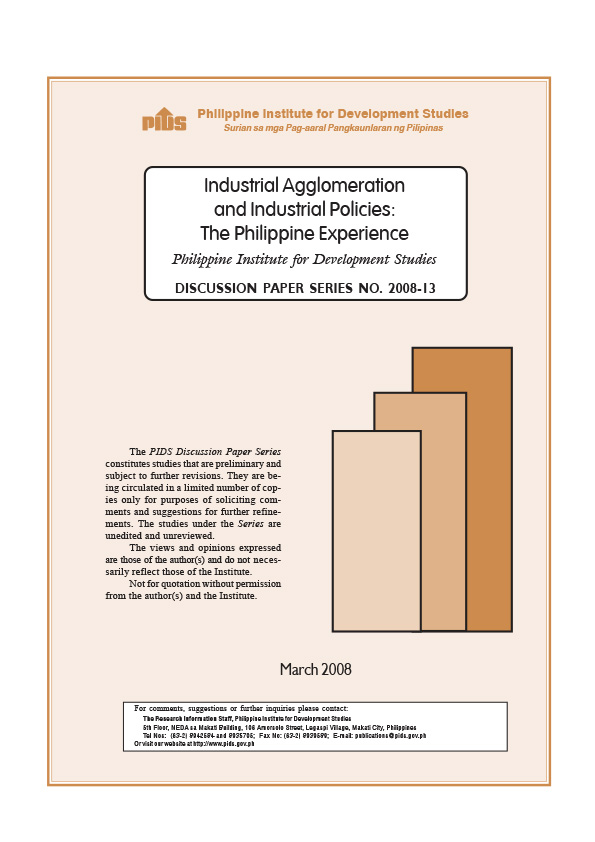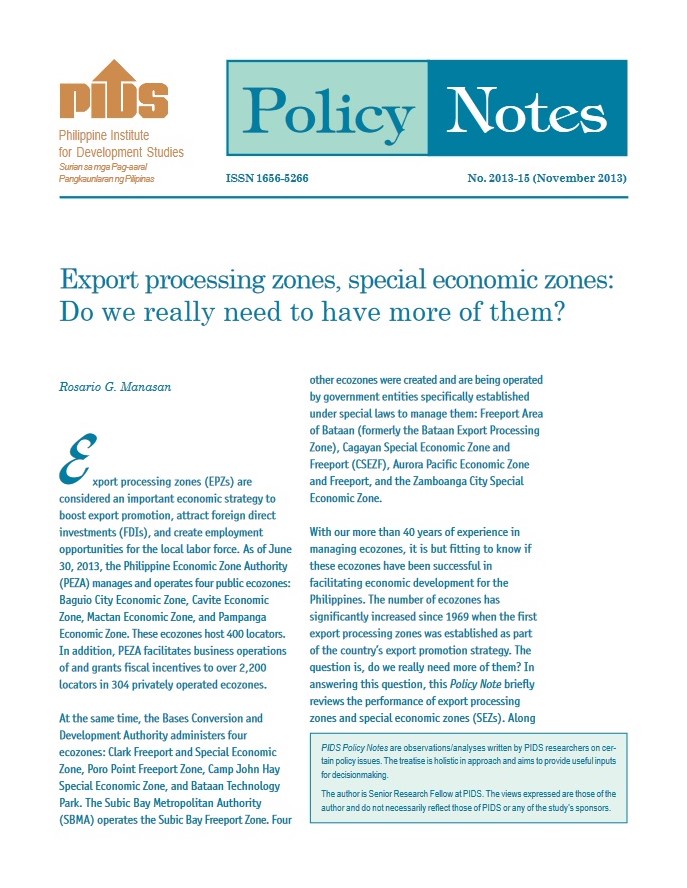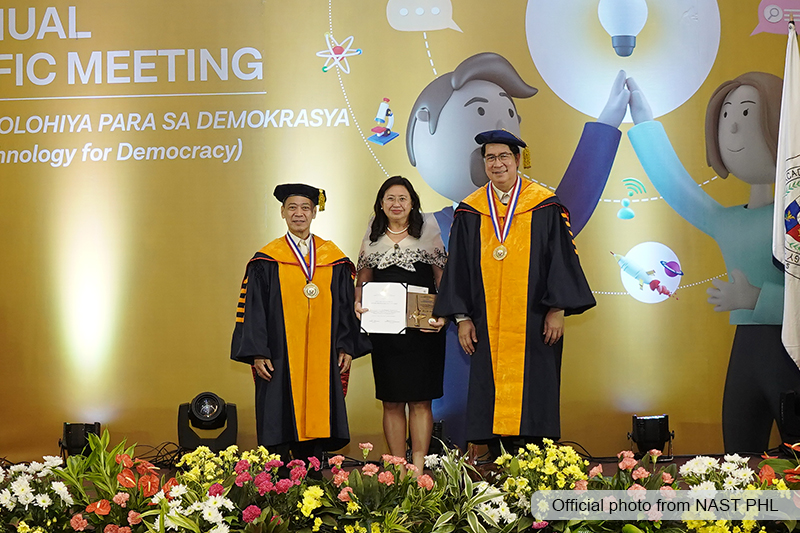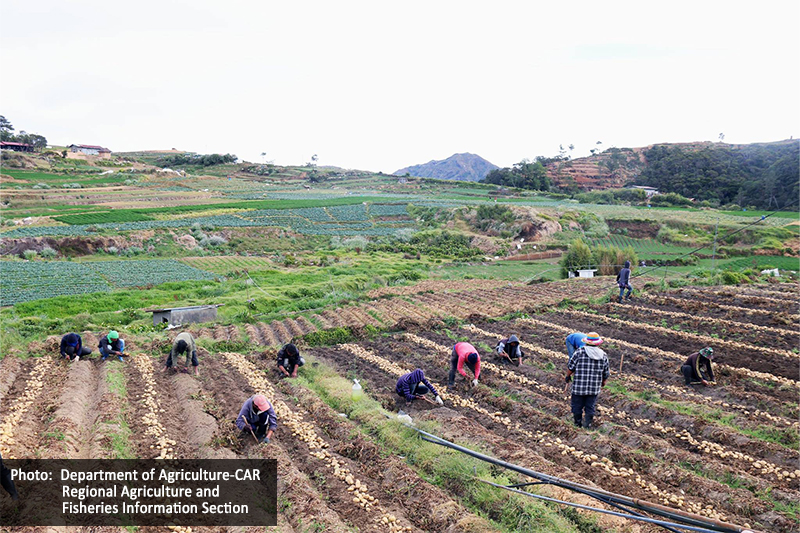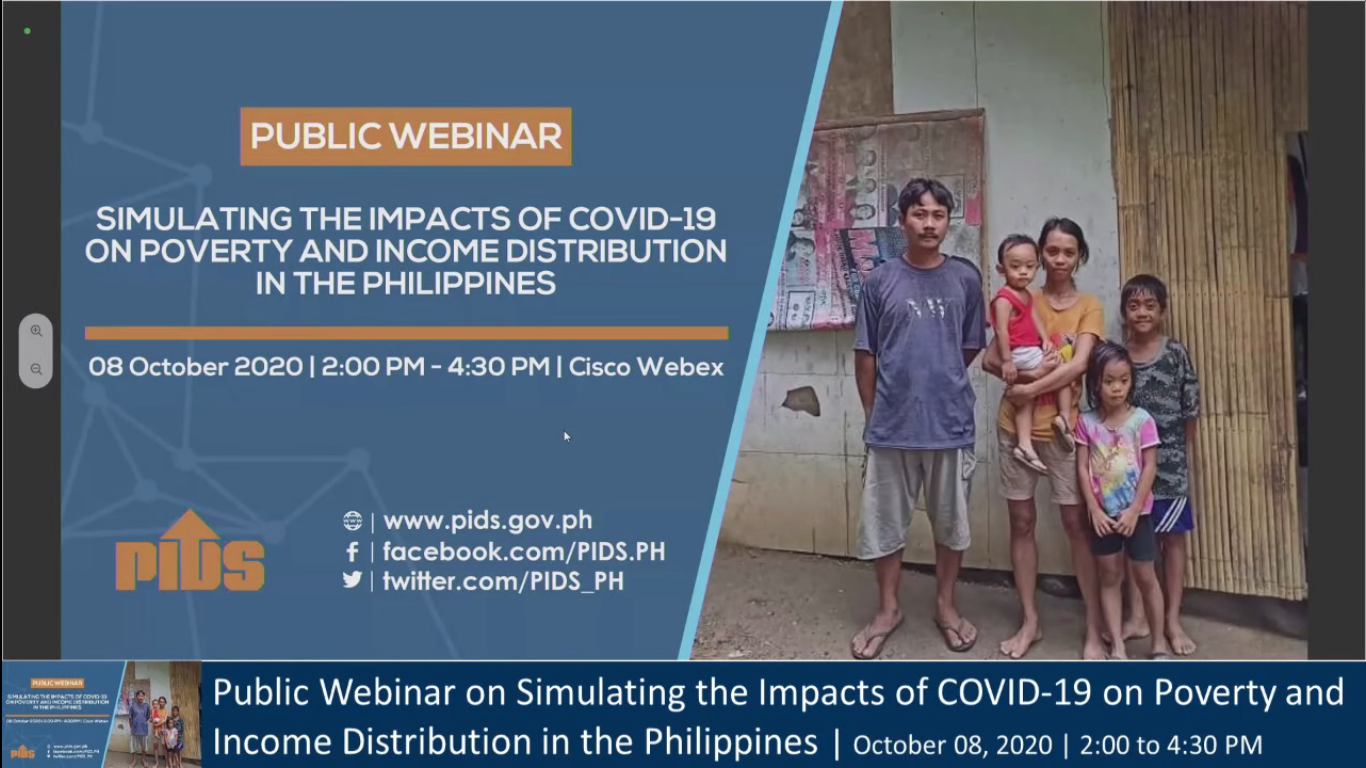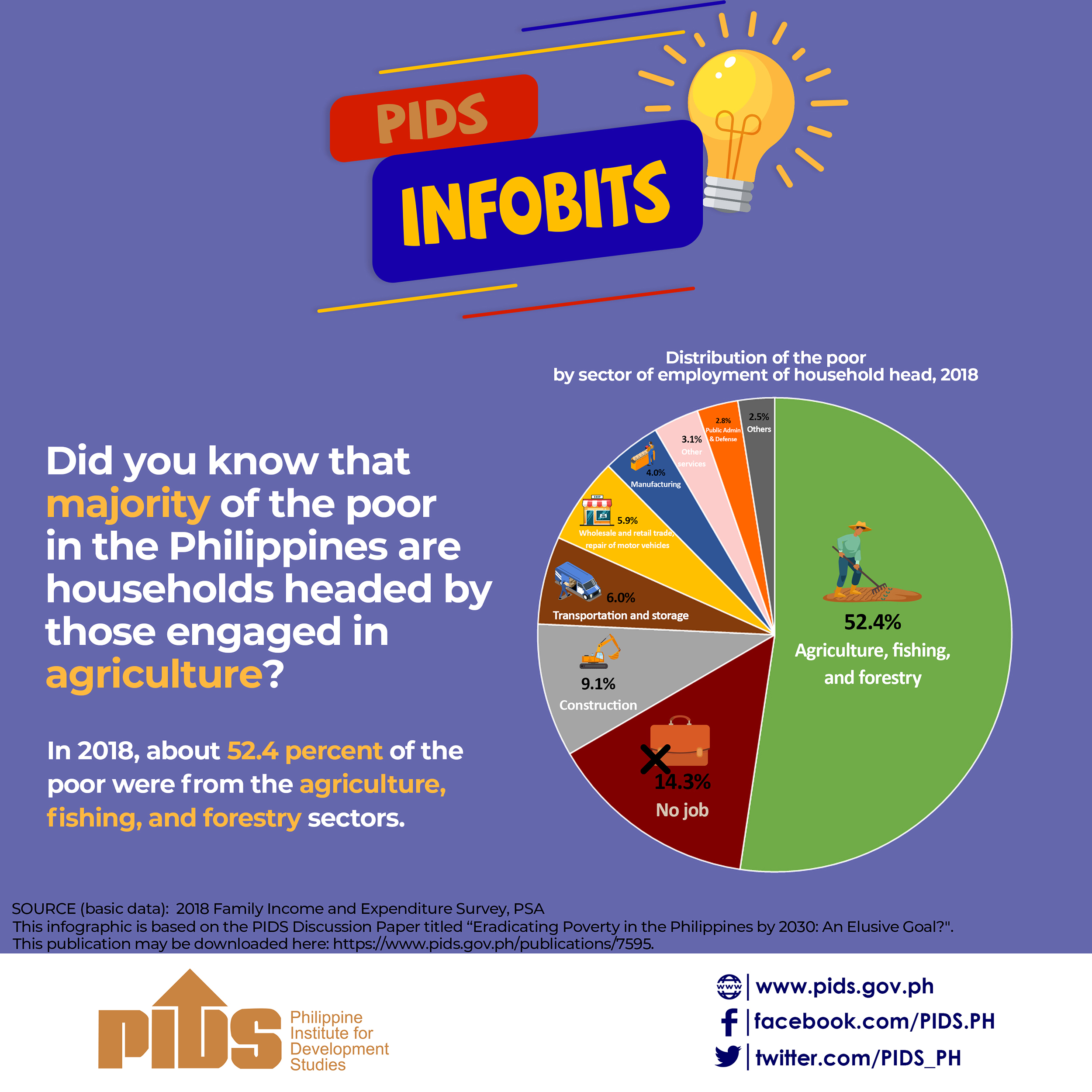The role of special economic zones can be expanded to become distribution, production and trade facilitation hubs in an integrated regional market, a study by government think tank Philippine Institute for Development Studies said. The PIDS study said export processing zones and special economic zones in the Philippines currently serve to improve the competitiveness of industries by reducing locators’ operating costs. It said while some analysts believed that SEZs became irrelevant in the increasingly liberalized trade environment, the study showed that regional integration actually provided significant opportunities for economic zones. SEZs can be reinvented into efficient distribution, production, and trade facilitation hubs to help firms reduce logistics cost and become more internationally competitive, it said. Ecozones can also be used to expand market access by linking up regional suppliers and leveraging economies of scale in production, it added. "The benefits from SEZs can be maximized if they are well integrated into the local economy instead of being operated as enclaves,” the study said. It proposed strengthening both backward and forward linkages by ensuring that SEZ rules were flexible enough to accommodate both exporters and non-exporters. SEZs should also allow a wide range of commercial and manufacturing activities within their premises, it added. SEZs currently offer fiscal incentives, provide better infrastructure and facilities, streamline customs and business registration procedures, and liberalize foreign exchange policies. Economic zones administered by the Philippine Economic Zone Authority have managed to attract foreign direct investments, boost export activity and create employment opportunities. Foreign investments approved by Peza grew 23 percent annually from 2006 to 2010.

